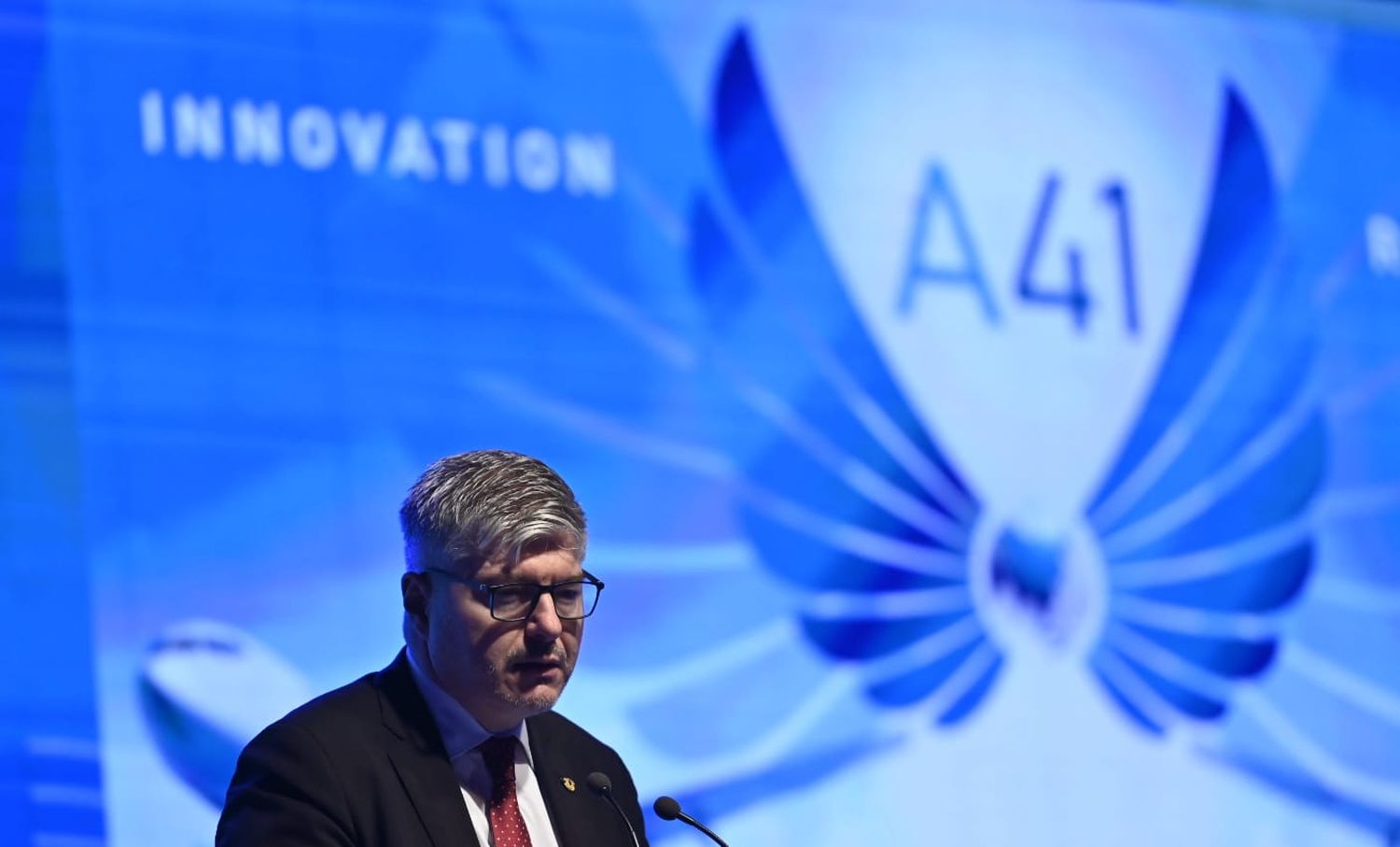Juan Carlos Salazar: «Latin America and the Caribbean have particularly favourable conditions for the production of SAF»
During the Open Meeting of the 2022 edition of the ALTA AGM & Airline Leaders Forum held in Buenos Aires, the Secretary General of the International Civil Aviation Organization (ICAO), Juan Carlos Salazar, spoke about the challenges facing the industry as it moves out of the pandemic.
The first point made by the executive was related to the tension created between the need for continued growth and long-term sustainability. Specifically, from the point of view of sustainable and environmentally friendly tourism, Salazar pointed out that this «requires tourists who can arrive at their destination on zero-emission flights». This poses challenges for those who design and manufacture aircraft and for those in charge of managing company fleets. «Fleet management will have a huge impact on the chances of reaching the zero emissions target by 2050,» the Secretary added.
FlyZero: Green hydrogen is key to zero-emission aviation future
He also stressed the importance of global cooperation and collaboration to achieve the goal. «We need to harmonise the regulatory framework globally. I believe that the way to achieve emission reductions is through our CORSIA programme. The Organisation has a central role to play here, and it must work with all private actors. ICAO’s CORSIA programme is the first global measure that represents a cooperative approach, moving away from isolated initiatives that may be taken by national or regional regulators. In other words, it offers a harmonised way to reduce emissions while minimising market distortions and respecting the unique circumstances of ICAO member states.
In addition, Salazar indicated that «the Assembly (ICAO’s sovereign and most important body) stressed the importance of using SAFs to achieve carbon neutrality». On this point, he stressed that «Latin America and the Caribbean have particularly favourable conditions for the production of SAF. We can become world leaders. This is why I encourage everyone to join our SAF programme».
Industry resilience
Another issue he addressed was the resilience of air transport during the pandemic. Salazar said that «ICAO decisions were a very important factor in how governments handled the pandemic. For example, the use of digital technologies to minimise contact, the implementation of digital health passports and our master health list -which allows for the validation of vaccination credentials and health passports- provided security at the most critical moments of the pandemic. Given the ever-present possibility of another event similar to 2020, he said the organisation «must formulate a new strategy for the future. We must establish a comprehensive framework for crisis management».
On another point, he noted that the Global Aviation Security Plan (GASeP), which aims to improve the effectiveness of global aviation security, is being implemented. The plan aims to bring the international community together to analyse the ever-evolving threats and risks facing the civil aviation community.
Economic development
Finally, Salazar said that all member states «recognise that aviation is a powerful motor of economic activity. They also recognise that air transport services should be liberalised». On the industry’s role during the pandemic, he added that it «showed us the strategic factor that aviation matters in helping to overcome crises such as COVID-19».
To this end, he also appealed to innovation and the opportunities it creates: «During the innovation forum we noted that, not surprisingly, the world at large expects aviation, due to its nature and function, to evolve and adapt better and faster than other industries. Expectations are high and the new normal demands a transformed industry and a more effective ICAO. I will seek to make it a solutions provider,» said Salazar, closing his presentation.


Comentarios
Para comentar, debés estar registrado
Por favor, iniciá sesión